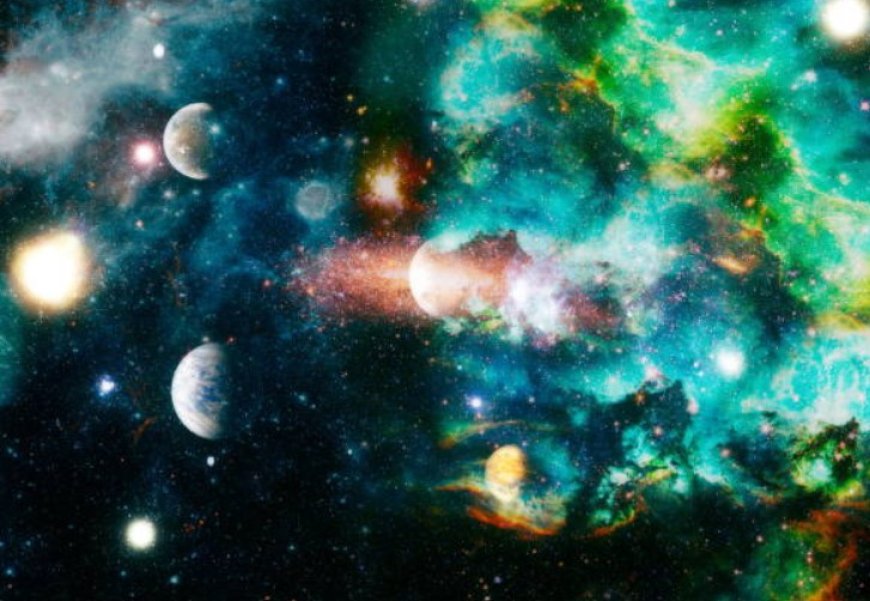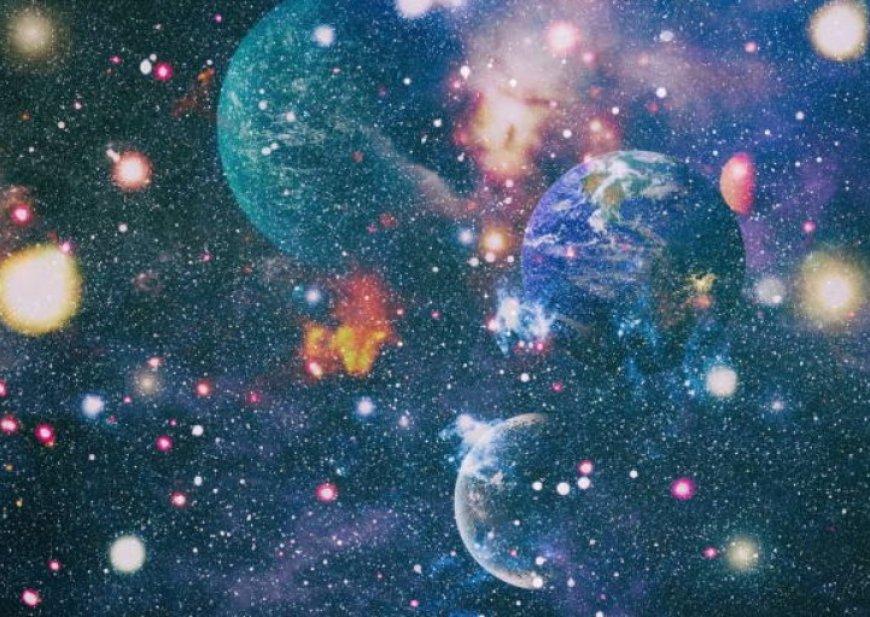Are there other universes? A journey into the multiverse
Exploring the fascinating theories and possibilities of other universes, and what it could mean for our understanding of reality.
Do other universes exist?
For ages, scientists and philosophers have been intrigued by the topic of whether or not there are other worlds. Numerous ideas speculate that other universes might exist, despite the fact that there is no concrete scientific evidence to support or refute their existence.
The multiverse idea is one of the most well-liked concepts. According to the multiverse idea, there are an endless number of other universes, each with its own set of peculiar physical rules and constants. This implies that there might exist worlds with gravity that is either less or stronger, with a different flow of time, or with physics that is entirely different from our own.
The quantum mechanics theory is yet another hypothesis that posits the presence of more universes. A subfield of physics called quantum mechanics investigates how matter behaves at the atomic and subatomic scales. The fact that particles can exist simultaneously in different states is one of the main discoveries of quantum physics. Superposition is the term for this.
Superposition, according to some scientists, might result in the creation of numerous worlds. For instance, if we measure the state of an electron that is in a superposition of two states, we may be able to collapse the superposition and produce two distinct universes, one in which the electron is in one state and the other.
The multiverse hypothesis and quantum mechanics theory are two of the most well-known hypotheses that propose that other universes may exist, even though there is no conclusive scientific evidence to support or refute their existence.
Is it possible to cross over to other universes?
Is there a method to get there if other worlds really exist? Using wormholes is one option. Wormholes are hypothetical passageways that link two far-off locations in spacetime. Wormholes might allow access to different universes if they actually exist.
Another hypothesis is that quantum entanglement would make it possible to travel to other universes. When two particles are entangled, even if they are separated by a great distance, they end up with the same outcome. This phenomenon is known as quantum entanglement.
Some researchers think that a bridge between two universes could be built using quantum entanglement. We might be able to build a portal that would let us move between the two realities using entangled particles from separate universes.
It is crucial to remember that wormholes and quantum entanglement are both hypothetical ideas. Not even the possibility that they could be used to travel to other universes is supported by scientific evidence.
Conclusion
For millennia, scientists and philosophers have been fascinated by the intriguing subject of whether or not there are other worlds. Numerous hypotheses contend that more universes might exist, despite the fact that there is no conclusive answer to this topic.
It's feasible that we'll someday create the technology to visit other universes if they do exist. There is no assurance that this will ever be achievable, so it's crucial to keep in mind that it's still a ways off.













































































































































































































